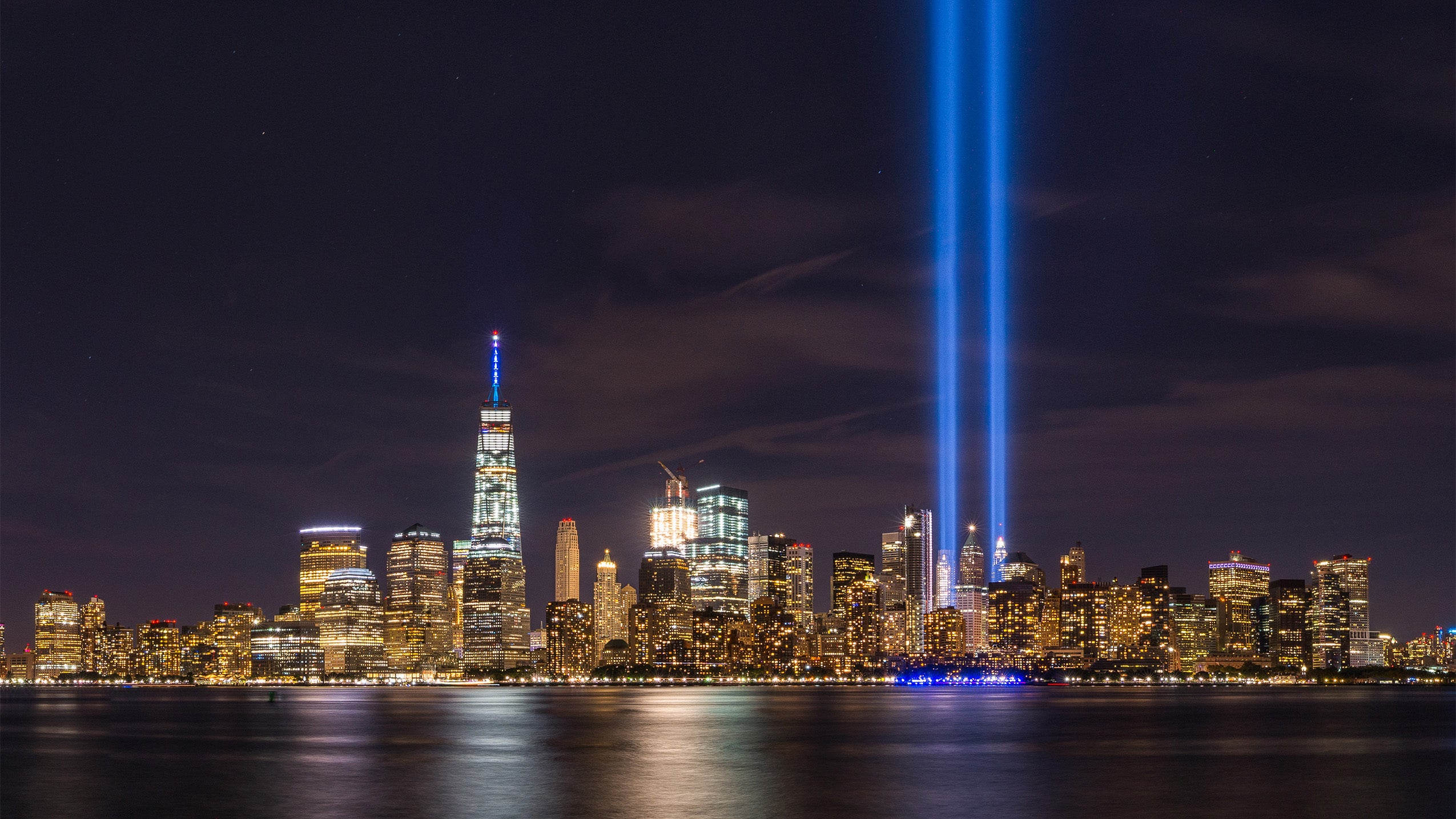On the 20th anniversary of the September 11, 2001 terrorist attacks, Harvard Law Today asked five Harvard Law School alumni and a former adjunct professor, all of whom had prominent roles in counterterrorism and other national policies during and after 9/11, to share their reflections about the events of that day and what they view as the greatest threats to national security today. They were interviewed in August 2021, as the United States was withdrawing from Afghanistan.
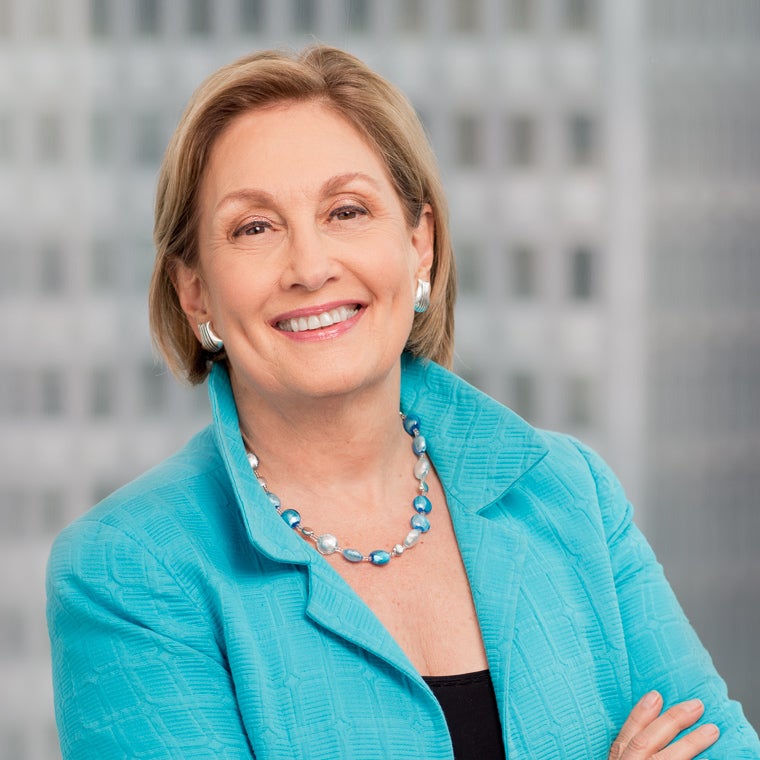
Jamie Gorelick ’75: ‘The need for both vigilance and imagination remains high’
“I viewed my service on the [9/11] Commission as a critically important part of my public service, which spanned four agencies and many advisory panels over four decades. The commission took the deepest, broadest look at our national security apparatus and tried to recommend specific actions to make us safer. If the measure of our safety is that we have had no additional attacks like the one on 9/11, we are surely safer. But many threats remain. The need for both vigilance and imagination — two key elements that are woven throughout our report — remains high. The government needs to be agile, imaginative, and constant in its commitments — three things that are very hard for government. And the rest of us need to stay engaged to make this happen.”
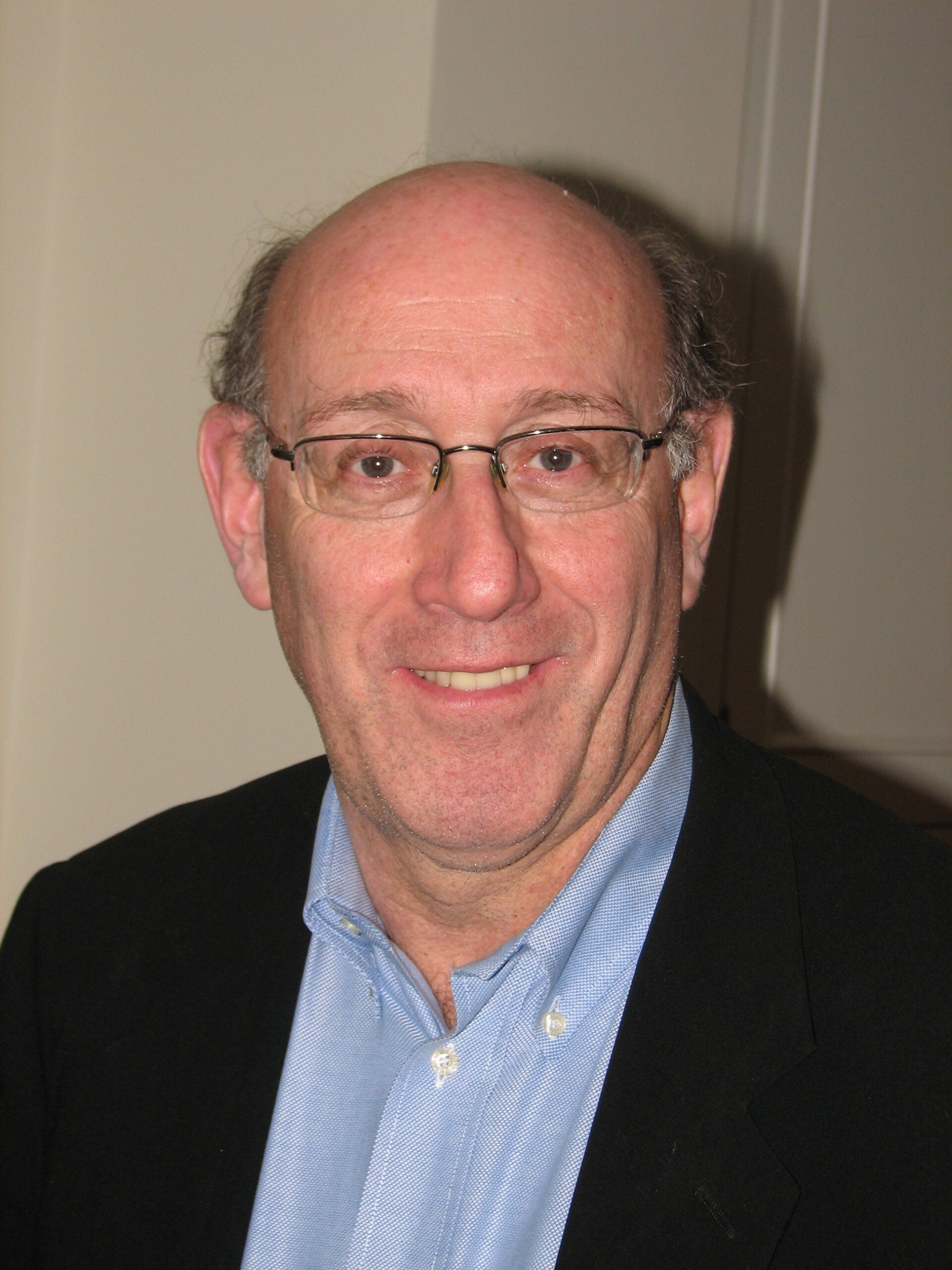
Kenneth R. Feinberg: ‘I’m very proud of what we did’
As Special Master of the September 11 Victim Compensation Fund, Kenneth R. Feinberg was responsible for designing an unprecedented program for distributing government funds for death and injury claims related to the 9/11 terrorist attacks. “What comes to mind [20 years after 9/11] is the trauma and the tragedy and the emotional challenge of meeting with so many thousands of people so soon after the tragedy, and confronting the various emotional reactions of victims and their families to the horror. That is something that I will never forget.”
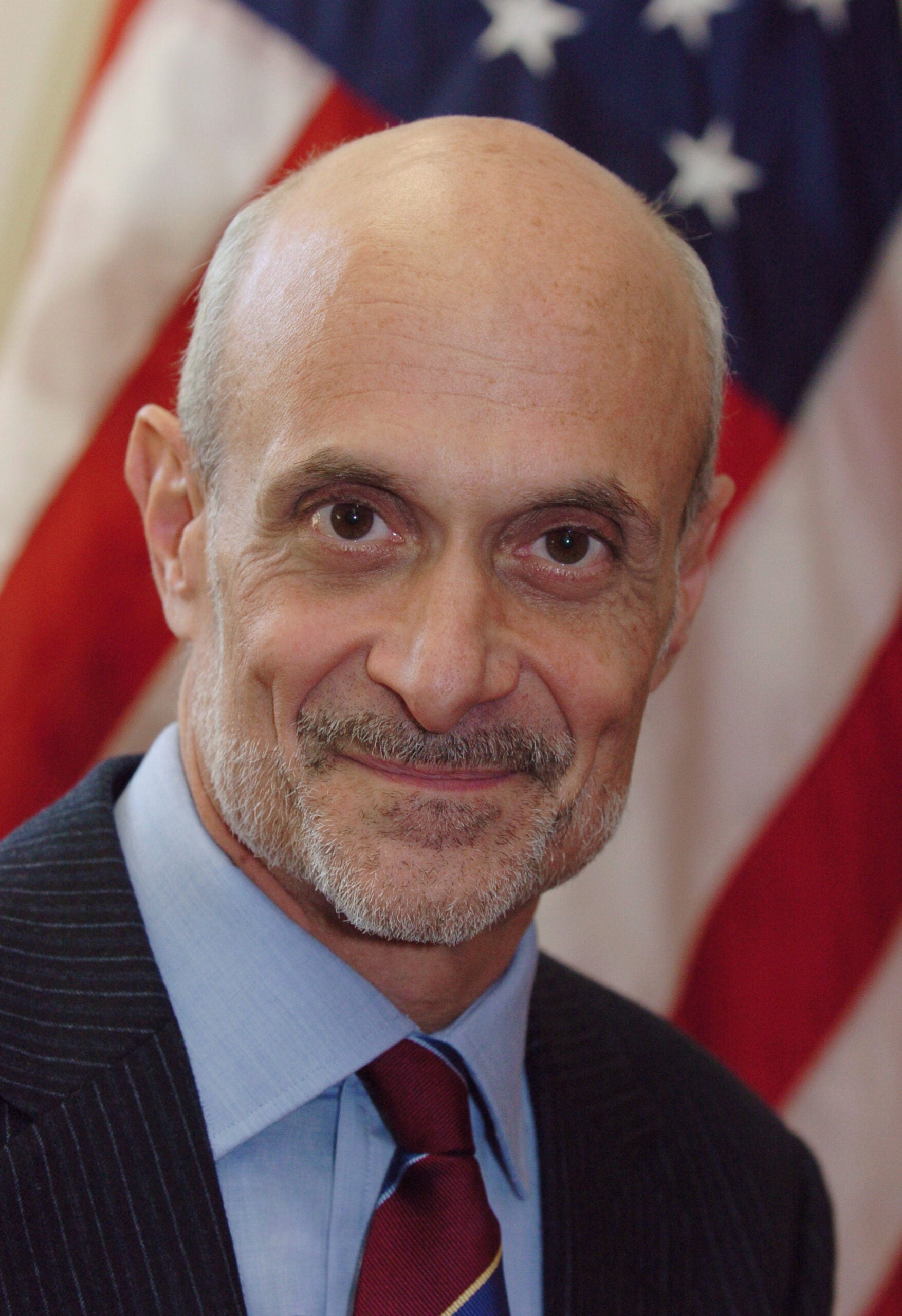
Michael Chertoff ’78: ‘What are we going to do to make sure it doesn’t arise again?’
“Looking back after 20 years, there was one day of attacks and then we were quite successful in stopping anything more. But it was by no means inevitable or obvious [that] that was what was going to happen. So I try to remind people, when you’re sitting there and you have the responsibility to make sure it doesn’t happen again, you don’t have the benefit of hindsight, and therefore, you know, people can quibble with what you do. But in the end, if you do too little and more people die, that is not a burden anybody would want to bear.”
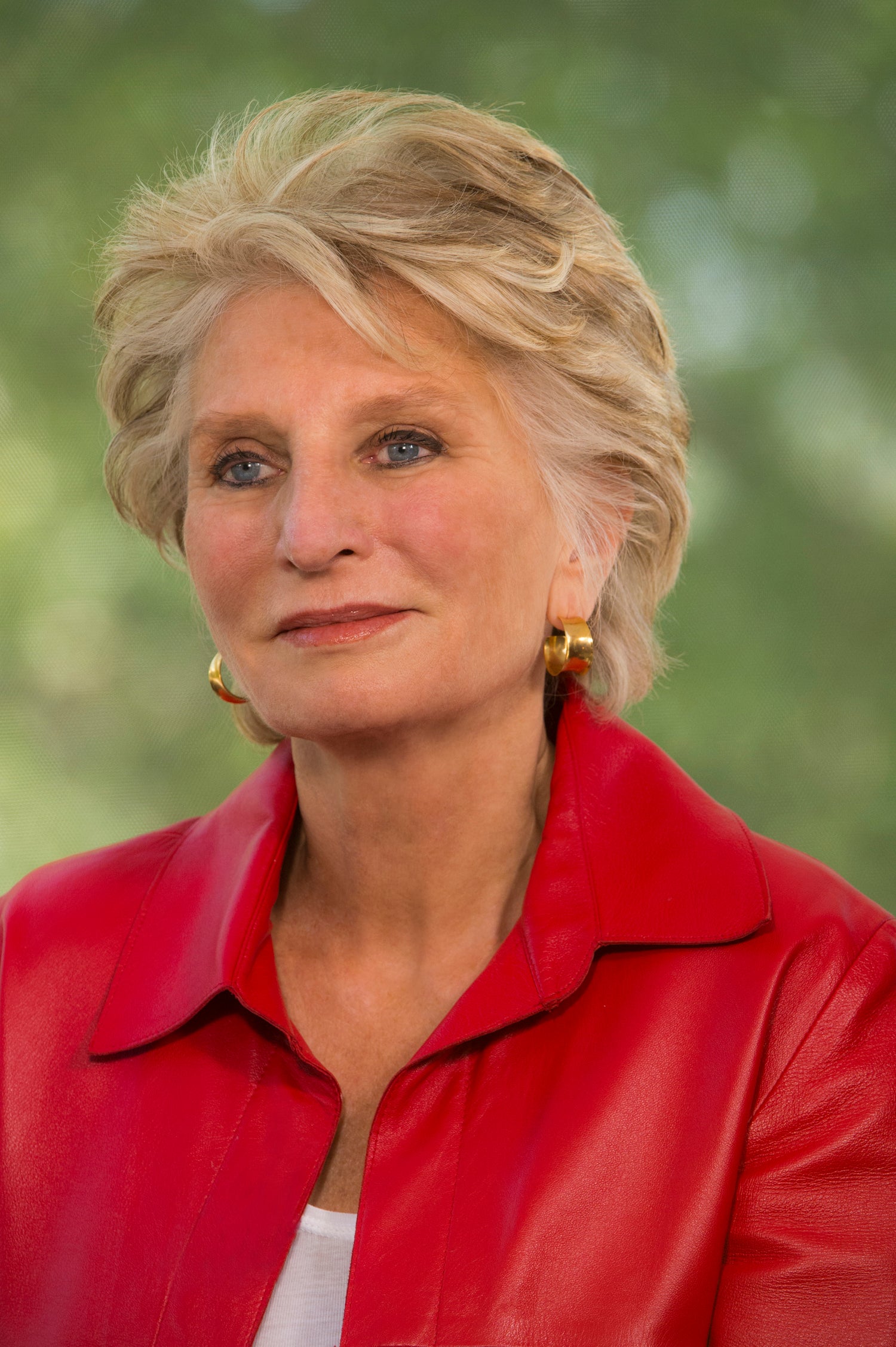
Jane Harman ’69: ‘We haven’t learned that when we work together we overcome’
“[On September 11, 2001,] there wasn’t a cloud in the sky. So I decided to walk from my breakfast at the Democratic National Committee over to an Intelligence Committee meeting in the Capitol when my phone rang. ‘Come back to the office, immediately.’
“Before I could get there I received a second call about the second plane and the news that the Capitol and office buildings were being evacuated. The speculation was that there might be more terrorist attacks, so Congress was closing. I was horrified. As members we take an oath to provide for the common defense, and we were closing? I rushed to find other members who by then were milling around on the east side of the Capitol. There was no evacuation plan.
“By [the time we saw the] horrifying TV footage of the towers’ collapse, the attack on the Pentagon and the crash of the fourth airplane which commentators speculated was headed for the Capitol dome (where I had been headed earlier) … the enormity of the moment began to sink in: WE HAD WARNED ABOUT THIS and yet our government was surprised and shockingly unprepared.”
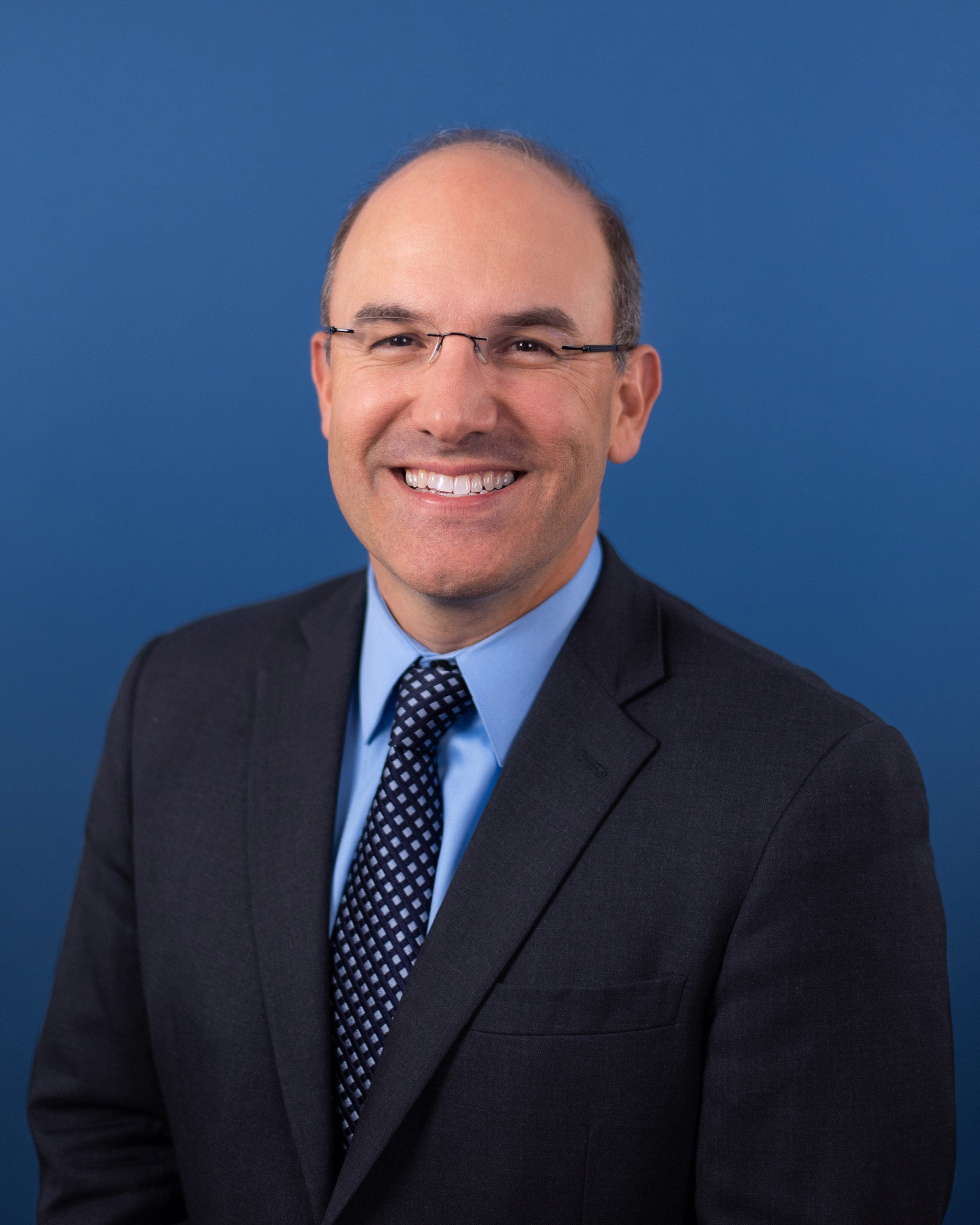
Juan C. Zarate ’97: ‘There’s a lot of presumption of the demise of American power, and I’m raging against that’
“Any time the 9/11 anniversary comes up, it’s filled with memories of the horrors and anxiety, and the sort of the transformative nature of the day, so it’s always a difficult day. I have different remembrances over time, and even as the years faded, being very somber and solemn thinking about the victims and their families and the effects of that day. Also, being proud of what we did in the aftermath. I think we did some good things, the U.S. made some mistakes as well. But I think we did some things to keep the United States safer after that than not, which is a point of pride.”
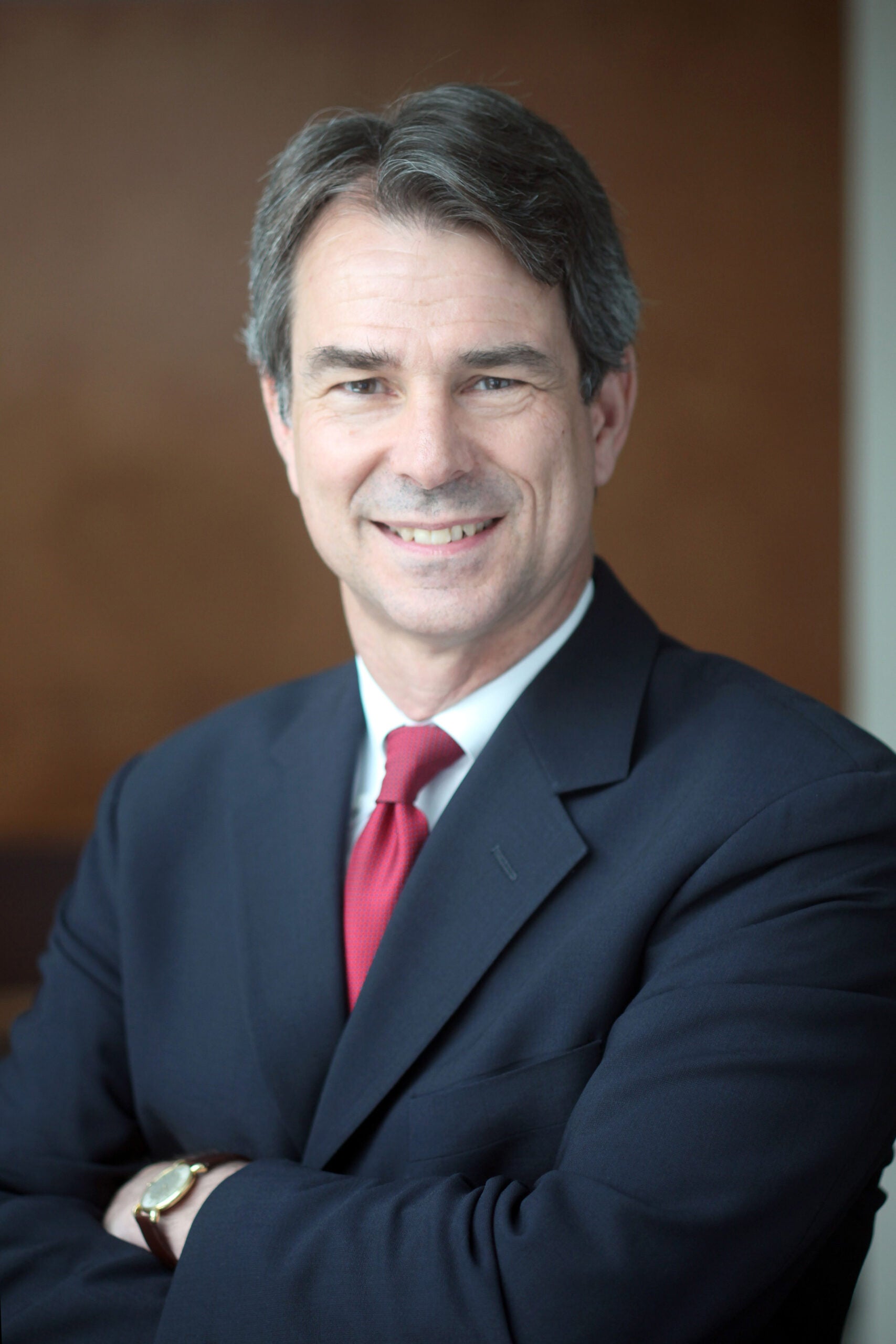
John B. Bellinger III ’86: ‘I really mostly worry about the future’
“I was in the White House as [National Security Council] legal adviser in the spring, summer, and fall of 2001, both as we watched the al Qaeda training camps protected by the Taliban on the day of 9/11, and then the invasion of Afghanistan and the routing of the Taliban. To 20 years later have the Taliban back in power again is just head-spinning.”
Related Reading
Where were you when it happened?
Carl M. Loeb University Professor Annette Gordon-Reed ’84 and other members of the Harvard community recall their experiences from September 11, 2001.
A special responsibility
Since 2016, 9/11 Victim Compensation Fund (VCF) Special Master Rupa Bhattacharyya ’95 has been working to ensure that fair compensation goes to the victims of the September 11th attacks.
Remembering 9/11
Over the past 20 years, the Harvard Law School community has come together numerous times on campus to seek comfort and join the nation in mourning the victims of the September 11, 2001 terrorist attacks.
